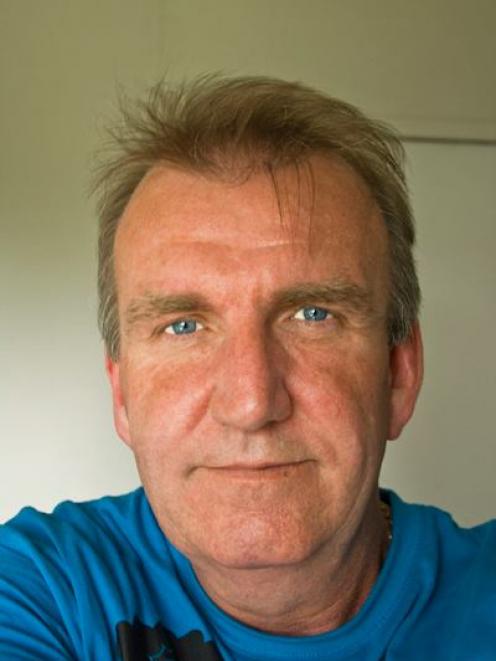
Livingstone killed his two children Bradley, 9, and Ellen, 6, at their mother's home in Dunedin in January, before turning the gun on himself.
TVNZ reported tonight that Livingstone had previously been convicted for arson in Sydney, after trying to burn down his then-girlfriend's house when she broke up with him.
The incident occurred 30 years ago.
He also assaulted a flatmate during the same incident, ripping the phone from his girlfriend's hands to prevent her from calling police, TVNZ reported.
New Zealand judges were unaware of Livingstone's past conviction and behaviour when he appeared before the courts for twice breaching a protection order against his ex-wife, Katharine Webb.
Three months before Livingstone shot his children, the 51-year-old was discharged without conviction for breaching a protection order against his family for a second time.
In his judgment at that time, Judge Stephen Coyle said Livingstone's estranged wife, Katherine Webb, felt "constantly harassed" and"feared for her safety and that of her children.
Judith Collins told TVNZ that Livingstone's past conviction showed "an attitude about getting your own way that would be very concerning".
However, knowledge of the conviction in Australia may not have made any difference.
"It's 30-years-old and it may or may not have made a difference," Ms Collins told TVNZ.
"My understanding is, is that the information, his convictions or conviction would have been covered by the clean slate legislation."
Family law expert Mark Henaghan supported calls for sharing of conviction information between New Zealand and Australian authorities.
"I think it shows a gap in our system," he said of Livingstone's Australian conviction.
"I think it will be very helpful for the police in both countries in fact, given that may people travel between the two countries, to have Australasian convictions easily accessible so that straight away you've got access to it and you can then investigate and follow up," he told TVNZ.












